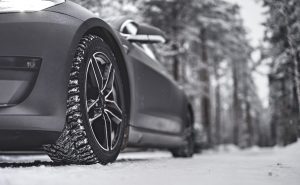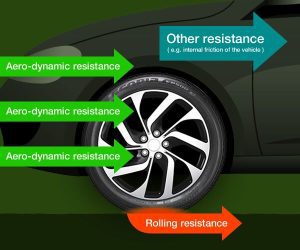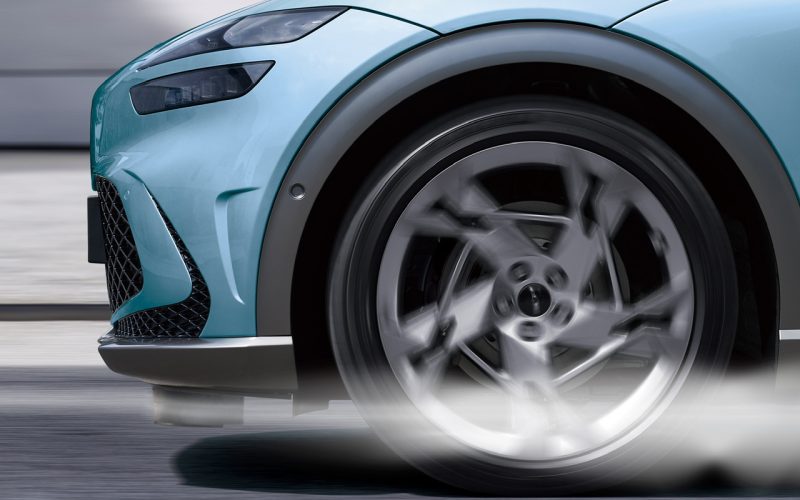Introduction:
In the past few years, electric vehicles (EVs) have been gaining traction as a viable alternative to traditional gasoline-powered cars. With their impressive range, eco-friendliness, and low operating costs. More and more people are making the switch to Elctric vehicles . However, as with any new technology, there are still some challenges to overcome. One of these challenges is the impact that EVs have on tires. In this article, we’ll take a closer look at the issue and explore what it means for drivers and manufacturers alike.
The Basics of EVs Tires

To understand the impact that Elctric vehicles have on tires. We first need to understand how they differ from traditional cars. One of the most significant differences is the weight distribution. In a traditional car, the engine is usually located at the front of the vehicle. Which means that the weight is distributed more evenly between the front and back tires. In an EV, however, the battery pack is typically located on the floor of the car. Which means that there is more weight on the rear tires. This can lead to uneven wear and tear, which can affect the lifespan of the tires.
Torque
Another factor to consider is the torque. Electric motors deliver torque differently than gasoline engines. Which means that Elctric vehicles can put more strain on the tires. This is especially true for high-performance EVs, which can accelerate quickly and put more stress on the tires.
Finally, EVs tend to be heavier than traditional cars due to the weight of the battery pack. This means that the tires need to be able to support more weight, which can also affect their lifespan.
The Impact on EVs Tires
So, what does all of this mean for tires? In short, it means that EVs can put more strain on tires and cause them to wear out more quickly. This is especially true for rear tires, which bear the brunt of the weight and torque. In addition, Elctric vehicles tend to have lower rolling resistance than traditional cars. Which means that they can generate more heat and cause the tires to wear out more quickly.
Low-Rolling-Resistance Tires for EVs

Another issue to consider is the type of tires that EVs require. Many Elctric vehicles come equipped with low-rolling-resistance tires, which are designed to improve fuel efficiency. However, these tires may not be ideal for Elctric vehicles. As they can wear out more quickly due to the extra weight and torque. In addition, some Elctric vehicles require specialized tires that are designed to handle the high torque and weight distribution. These tires can be more expensive than traditional tires. Which can add to the overall cost of owning an EV.
What Manufacturers are Doing
Given the impact that EVs can have on tires, it’s no surprise that tire manufacturers are taking notice. Many manufacturers are developing specialized tires for Elctric vehicles that can handle the weight and torque. These tires are designed to provide better performance and longer lifespan than traditional tires.
In addition, some manufacturers are experimenting with new materials and designs to create tires that are specifically tailored to Elctric vehicles . For example, Michelin has developed a prototype tire that uses a unique blend of materials to improve grip and reduce rolling resistance. The tire also has a special tread pattern that is designed to reduce noise and improve comfort.
Conclusion
As Elctric vehicles continue to gain popularity, it’s important to consider the impact that they have on tires. The weight distribution, torque, and overall weight of EVs can all affect the lifespan of tires. Which means that drivers and manufacturers need to pay close attention to tire maintenance and selection. Fortunately, tire manufacturers are developing new technologies and designs that are specifically tailored to EVs. Which means that drivers can expect better performance and longer lifespan from their tires. As EVs continue to evolve, we can expect to see even more innovations in tire technology. That will help to make them even more efficient and eco-friendly.












